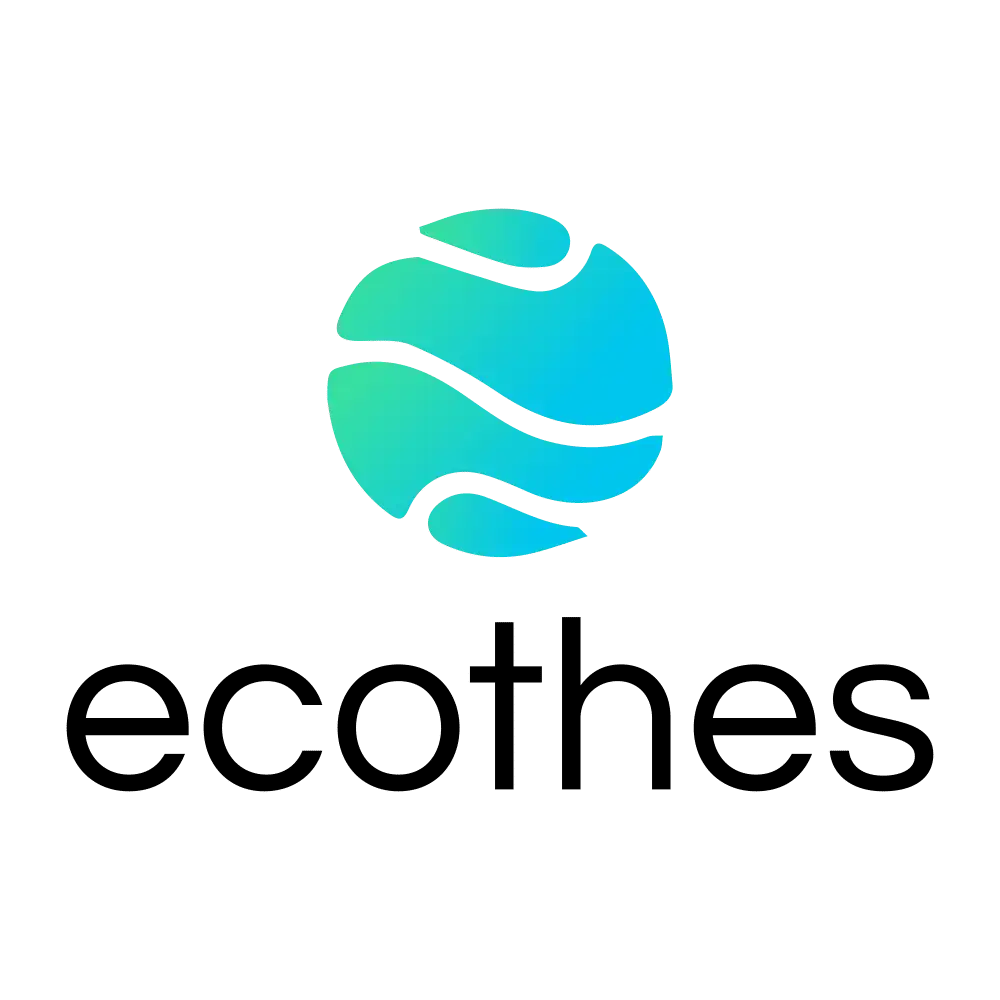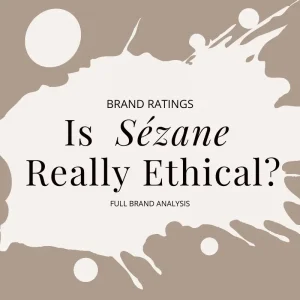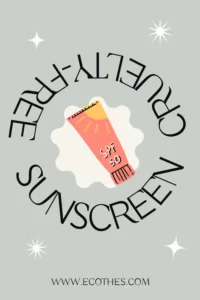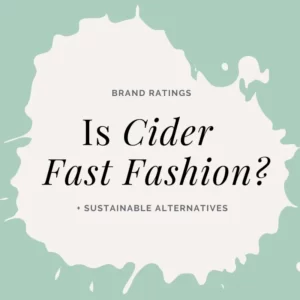We did a deep dive into whether or not La Roche Posay tests on animals. If you’re considering buying your skincare products from the brand, you’ll want to read on.
Are La Roche Posay products tested on animals?
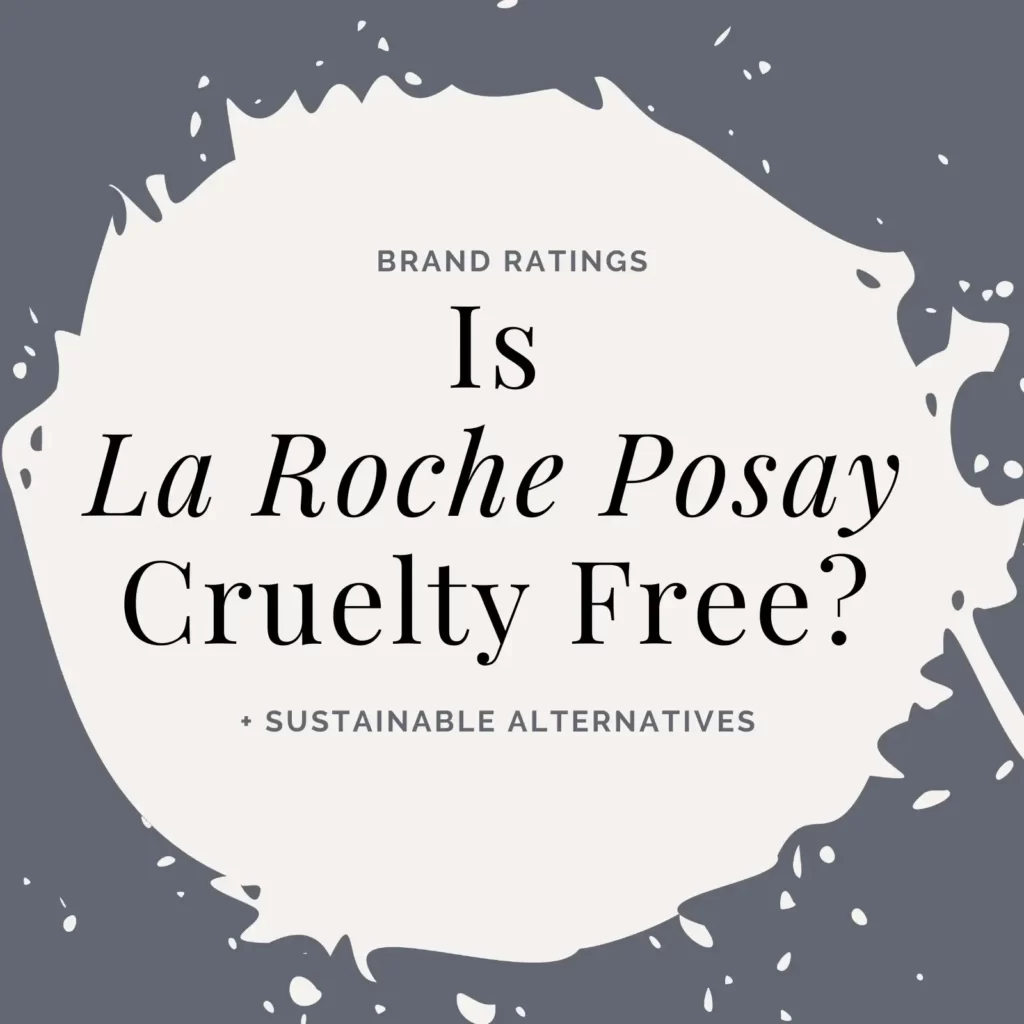
La Roche-Posay is a well-known skincare brand that has been around since 1975. The brand creates a range of products that are touted as being gentle on the skin and suitable for various skin types. There’s something for everybody, from cleansers, to moisturizers, to sunscreens, and specialized treatments.
A large part of the company’s branding is using a science-backed approach and commitment to dermatological research, making them a good option for anyone with sensitive skin or conditions. So far, they’ve conducted over 750+ studies that guide their product formulation.
But for many of our readers, we know that if these studies are done on animals, it’s a deal-breaker.
In this article, we’ll look at the evidence around the brand and show you whether or not the brand’s products are tested on animals.
What is a cruelty-free skincare brand?
When a brand is certified cruelty-free, it means that they’re committed to making their products without hurting or testing on animals.
Instead of subjecting animals to any tests, these brands rely on ethical methods to make sure their skincare is safe for use. There are over 50+ proven tests that don’t rely on using animals, so brands do have access to these if they choose.
To get the cruelty-free badge on products, brands need to do several things.
Firstly, a brand needs to ensure that they don’t test any of their products or ingredients on animals. This includes not hiring any third parties to do it either.
Then, they have to make sure that the companies supplying them with ingredients also follow these cruelty-free principles.
When you see a brand using the cruelty-free logo on its products, it means it has gone through these steps to make sure no animals were harmed in the making of their products. So, let’s find out if La Roche Posay tests on animals.
Does La Roche Posay use animal testing?
La Roche Posay doesn’t have the cruelty-free badge, which tells us that they are using animal testing at some point in the production process.
The brand is owned by L’Oreal, a parent corporation that still engages in animal testing in 2023, and we can assume that La Roche Posay is most likely following in the parent company’s footsteps.
At one point in time, La Roche-Posay had a statement on its website about animal testing. According to their statement, the company asserted that they don’t test their products on animals unless it is legally mandated. However, they took it down after people began asking questions about the company’s ethics.
What we can take away from that incident is that if La Roche Posay is doing business in a country where the law says they have to test their products on animals before selling them, they’ll go ahead and do the tests. For example, the brand is popular in China, and Chinese regulations require post-market animal testing.
But, it’s not clear whether they have different processes depending on the country of sale.
So, Is La Roche Posay cruelty-free?
No, it’s not a cruelty-free company. Lately, the Chinese Government made some changes to its policies regarding animal testing for imported cosmetic products, so there’s potential for future change, but even for companies that are really committed to being cruelty-free, getting an exemption from these tests isn’t easy.
As we haven’t heard anything from La Roche-Posay about whether they’ve managed to secure this exemption or if they’re using it, we have to assume they aren’t and are still testing on animals.
Is La Roche Posay vegan?
No, most La Roche Posay products are not vegan. The brand also incorporates animal-based ingredients such as Lanolin and honey into some of its products. For instance, in the case of the Toleriane Extension Mascara, it contains beeswax, which is an animal-derived ingredient. This means that this particular product is not vegan. If you have concerns about specific ingredients or product formulations, it’s a good idea to review the product’s ingredient list or contact the company for detailed information about their ingredients and their vegan-friendly options.
Is La Roche Posay reef safe?
Because the term ‘Reef Safe’ lacks official regulation and a clear FDA-defined definition, La Roche-Posay refrains from using this label to characterize its sunscreen formulations.
Nevertheless, it’s important to note that most of La Roche-Posay’s sunscreens adhere to Hawaii Compliance standards, proving that they are crafted without the use of Oxybenzone and Octinoxate.
As well as reef safe, keep an eye out for the marine life logo on select products. This symbol indicates that the formula has undergone testing in collaboration with external organizations such as Tara Pacific and the Scientific Center of Monaco. These rigorous tests have demonstrated that our product has no known harmful impact on marine life.
Is La Roche Posay Leaping Bunny certified?
No, La Roche Posay is not Leaping Bunny certified.
Does La Roche Posay have any cruelty-free certifications?
No, La Roche Posay does not carry any cruelty-free brand certifications.
Does La Roche Posay use parabens?
La Roche Posay is not a parabens-free brand. However, you can find parabens-free options on their website for a range of products.
Cruelty-Free Alternatives to La Roche Posay
La Roche-Posay is a popular brand, but for people who prioritize cruelty-free and vegan options, there are plenty of alternatives that provide effective skincare without compromising on ethics. Let’s take a look at some of the best options.
We also have full articles on cruelty free moisturizers and cruelty free sun screens, if you want to have a look.
1. OSEA
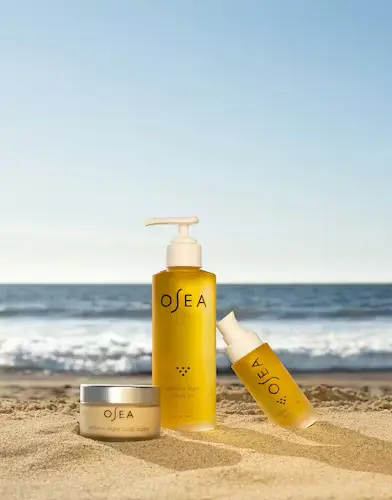
Cruelty-free? Yes
Vegan? Yes
Best For: Body Lotion, Cleanser, Moisturizer, Scrubs, Oils, Eye Cream
OSEA (pronounced “oh-see-uh”) is a skincare brand specializing in producing natural and marine-based beauty products.
Their plant-based, natural products are also fully vegan and contain no animal products.
One of their signature ingredients is seaweed, specifically algae. Seaweed is believed to have numerous skincare benefits thanks to its richness in vitamins and antioxidants that keep your skin looking its best. OSEA offers a wide range of skincare products, including cleansers, moisturizers, serums, masks, and body care items, designed to address various skin concerns.
The brand is Leaping Bunny certified, which is a recognized cruelty-free certification.
2. The Ordinary
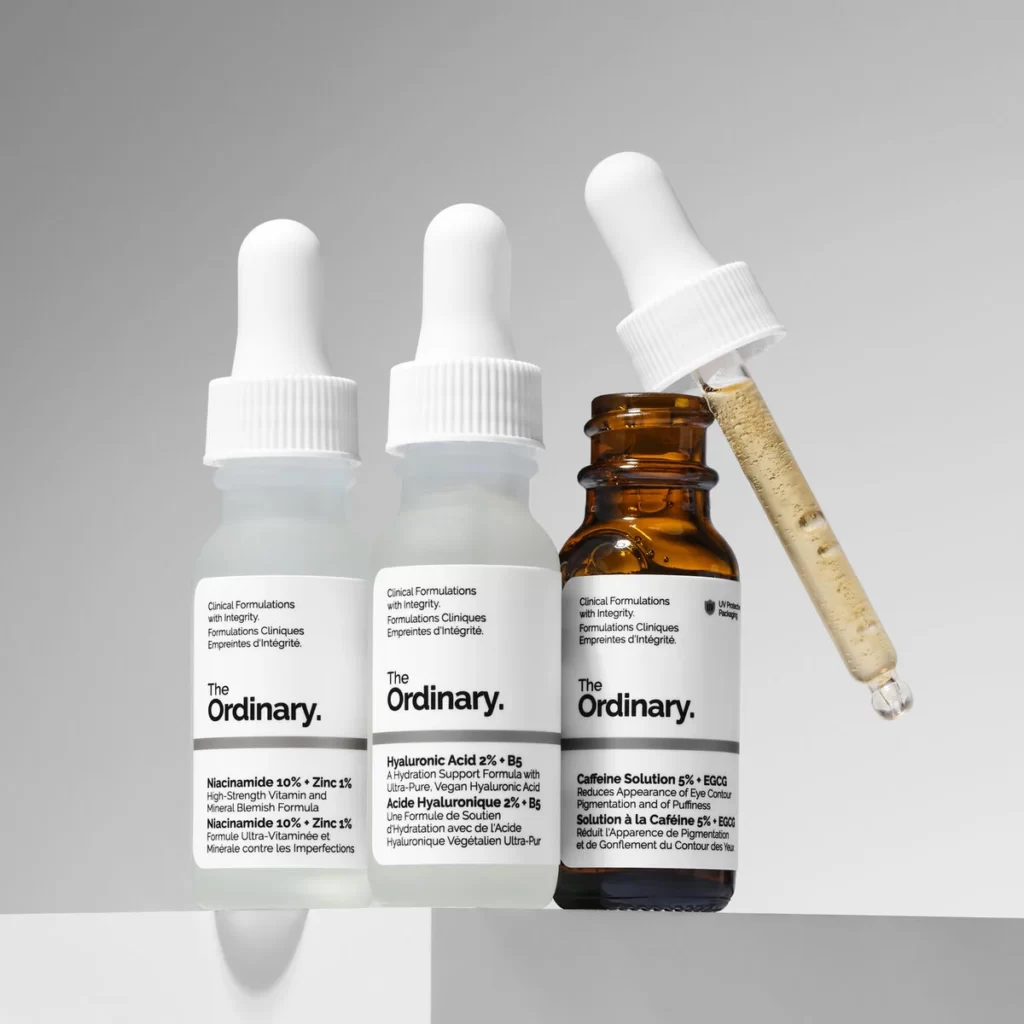
Cruelty-free? Yes
Vegan? Yes
Best For: Pigmentation regimen, Multi-Peptide + HA Serum, Moisturizer, Cleanser, Toner
The Ordinary is known for its minimalistic approach to skincare. The company offers a range of cruelty-free, affordable skincare products at fair prices. The brand emphasizes science and clinical formulations in its products, and includes a range of products for different skin types and conditions.
The company doesn’t test on animals, is Leaping Bunny certified, and has been certified vegan by Peta.
Wrapping up: Does La Roche Posay test on animals
The answer is unfortunately, yes. While the brand has stated its commitment to not testing its products on animals unless required by law, there is no proof that La Roche Posay doesn’t test on animals across the whole brand portfolio.
If you want to read more brand deep-dives, check out our analysis of Nivea here.
